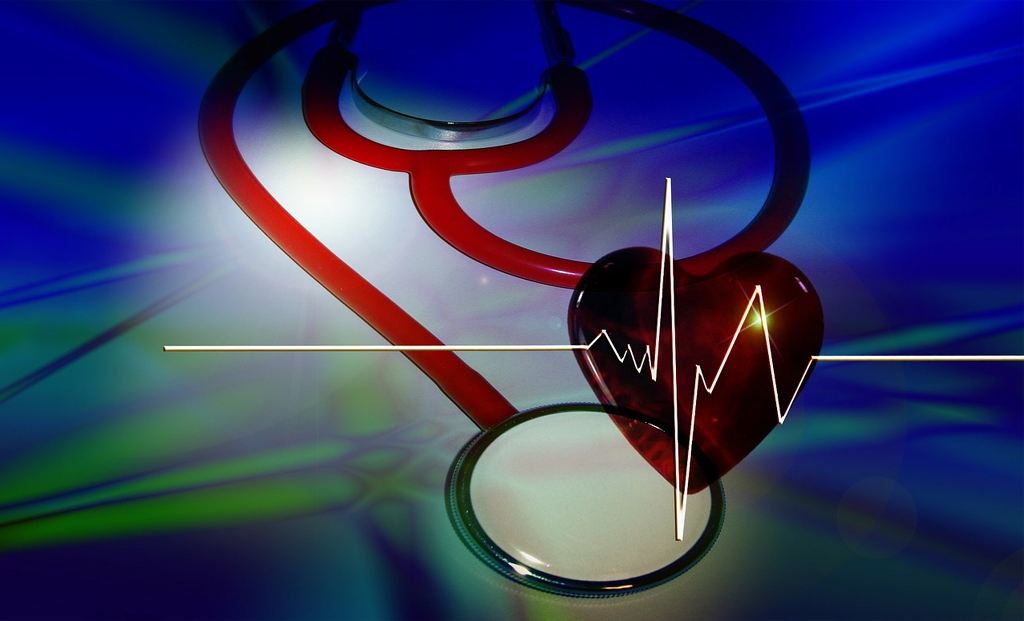By Dr Rajnish Sardana, Additional Director, Cardiology and Electrophysiology Fortis Hospital Vasant Kunj
Health Tips: Winters increase the risk of cardiovascular events and people with cardiovascular disease viz. strokes and heart attacks should take due precautions to prevent such adverse events and maintain good physical health. This increase in worse cardiac events is linked with multiple risk factors, such as temperature, physical activity, air pollution, infections, and food habits. Also, chemicals like nor-epinephrine and epinephrine levels increase during winter stressful months contributing to surge in cardiac events.
With the temperature dips, the body temperature also decreases and in order to maintain body temperature (autoregulation by body mechanisms) certain physiological changes take place so as the body conserves heat. The blood vessels constrict leading to less blood supply to the periphery including skin so as to restrict any heat loss in form of perspiration. This leads to increase in blood pressure and additional workload on the heart. Also, the heart needs to pump more blood to keep the body warm.
Here are a few health tips to take care of your heart in winters
Cold temperatures can cause:
· Increase in heart rate
· Hypothermia: It is a medical condition when body compensatory mechanisms fail to maintain body temperature, like in extreme temperatures or direct exposure to cold conditions and old age. Signs of hypothermia include shivering, slurred speech, fatigue or drowsiness
· An increase in blood pressure requiring changes in anti-hypertensive medications
· Hypercoagulable state: thickening of blood, which increases tendency for blood clotting thereby increasing risk of heart attacks and strokes
· Increased risk of sudden cardiac arrest due to neurohormonal changes
Tips to take care of your heart health in winters:
· Keeping ourselves warm is of utmost importance. Wear adequate warm clothing and we must keep our heads, hands, ears, and toes covered. Our chest area should necessarily be warm enough and well protected
· Stay physically active: Avoid outdoor activities during early morning and late evenings. You can practice yoga, dancing and home workouts owing to the cold weather outside
· Consume a healthy diet: Drink adequate water to keep oneself well hydrated unless restricted by your cardiologist. You must avoid heavy fried, fatty, sweet food, and high cholesterol food as it increases the risk of heart diseases
· Do not overexert yourself: Try to take small breaks in between your workouts. Don’t do strenuous work if you are a heart patient
· Do not smoke and drink: Smoking leads to increased risk of clotting and heart diseases
· See your doctor / cardiologist as some medications may need to be regulated during winter months
· Report to hospital in case one experiences breathlessness or chest heaviness, tightness as it could indicate angina or fluid in the lungs

